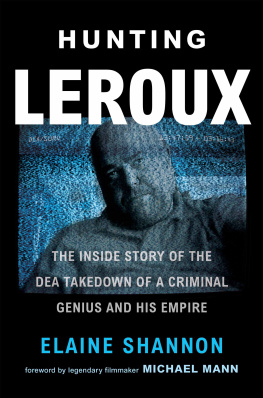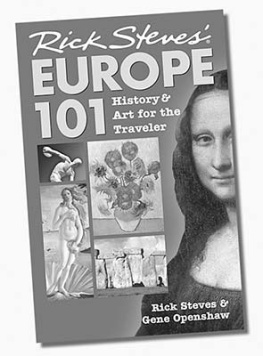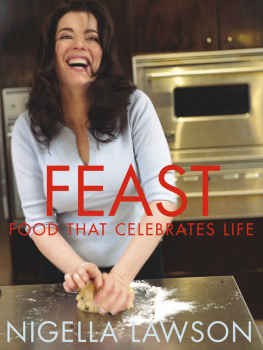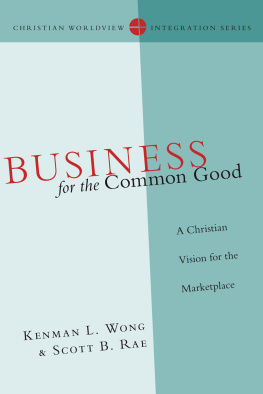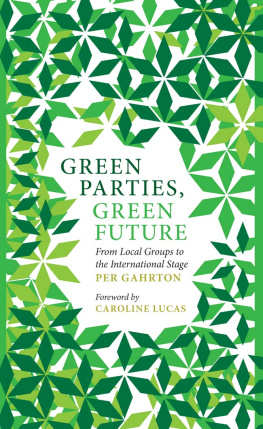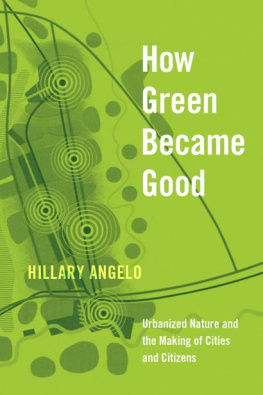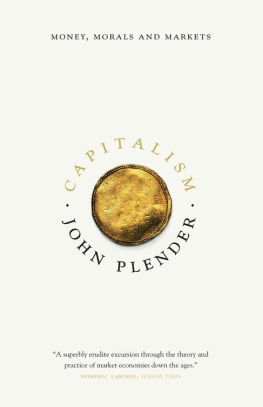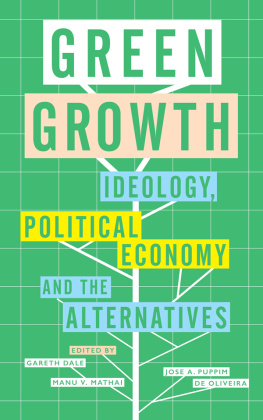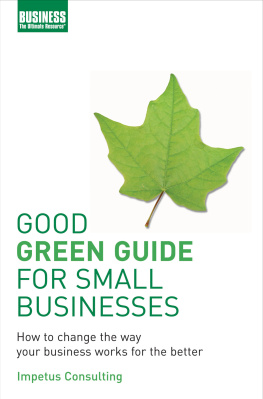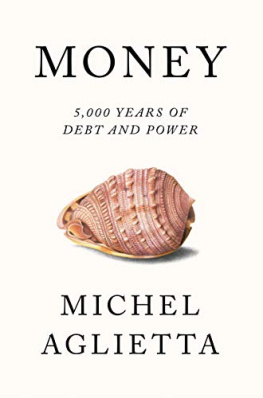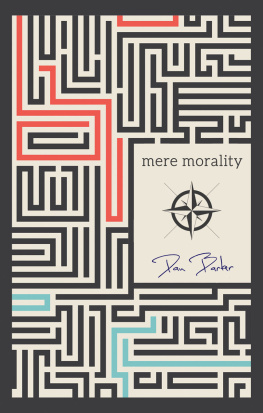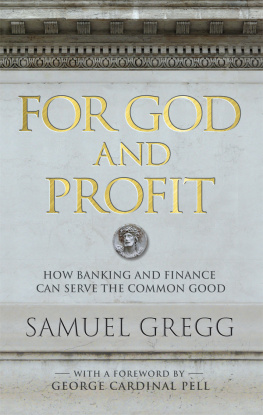Good Value
Good Value
STEPHEN GREEN
Reflections on Money, Morality, and an Uncertain World

Copyright 2010 by Stephen Green
All rights reserved. No part of this book may be reproduced in any form or by any electronic or mechanical means, including information storage and retrieval systems, without permission in writing from the publisher, except by a reviewer, who may quote brief passages in a review. Scanning, uploading, and electronic distribution of this book or the facilitation of such without the permission of the publisher is prohibited. Please purchase only authorized electronic editions, and do not participate in or encourage electronic piracy of copyrighted materials. Your support of the authors rights is appreciated. Any member of educational institutions wishing to photocopy part or all of the work for classroom use, or anthology, should send inquiries to Grove/Atlantic, Inc., 841 Broadway, New York, NY 10003 or permissions@groveatlantic.com.
First published in Great Britain in 2009 by Penguin Books Ltd., London
ISBN-13: 978-0-8021-9796-2 (e-book)
Atlantic Monthly Press
an imprint of Grove/Atlantic, Inc.
841 Broadway
New York, NY 10003
Distributed by Publishers Group West
www.groveatlantic.com
To Heather, James, William, Andrew, and Samuel.
Contents
With Special Thanks to ...
Richard Addis, who has worked so closely with me on the writing of this book. He is the great-grandson of Charles Addis, who was in many ways the face of the Hong Kong and Shanghai Banking Corporation in China in the late nineteenth century.
My connection with Charles Addis is that I have worked for twenty-seven years for HSBC, partly in Hong Kong and partly in London.
Charles Addis had a highly successful banking career, and, after his return to London in 1905, became increasingly involved as an adviser to government in international financial negotiations, both before and after the First World War. He was also keenly interested in literature and culture, and was a deeply religious man. His convictions underpinned everything he did. He believed strongly that international financial stability was essential to world peace. And he never believed that commerce could thrive without integrity.
He once wrote that the ultimate basis for all economic conceptions is ethical. He was right.
I could not have written this book without Richards invaluable support.
In addition, my heartfelt thanks go to Brian Griffiths, who read the draft not once but twice, at different stages of its evolution, and provided a wealth of ideas and strong encouragement; to Lesley Perry and David Walsh, who brought fresh eyes to the text and suggested crucial refinements; to Helen Conford, the commissioning editor, who brought all her experience to bear in support of an amateur at book writing; to Sara Dare, who helped greatly with the logistics of getting the book finished; and of course to Jay, who readily and patiently puts up with me in the midst of her own busy life.
Exploration
This book is a journey of unfinished exploration by someone who has spent much of a working lifetime with money, commerce, and economic development. It begins on a weekend at the Villa dEste on Lake Como in the beautiful Italian spring of April 2008, against the background of an unfolding global financial crisis. It became a time of reflectionabout a system that suddenly seemed to be built on sand instead of rock, about the whole direction of human economic and social development, about the ambiguity of the human experience of it all.
The questions all this poses were never more important than they are now. We are at one of those moments in history when it seems as if the tectonic plates are shifting. We are living through years in which a crisis has overtaken our increasingly globalized world, such as most of us have not seen in our lifetimes. The questions strike at the root of what we have taken for granted for at least a quarter of a century. There has been a massive breakdown of trust: trust in the financial system, trust in bankers, trust in business, trust in business leaders, trust in politicians, trust in the media, trust in the whole process of globalizationall have been severely damaged, in rich countries and in poor countries alike.
And if trust has been broken in this way, where do we go from here? Questions arise about the system. How to fix it? Should we or can we turn the clock back? What are the alternatives? Questions also arise for us as individuals. What part did we play in what went wrong? What do we do in the future? And, beneath it all, what have we learned about ourselves as human beings? About what constitutes good business and a good life? About what our values are? About what the common good is?
To face these questions, we have to begin with recognition. There are lessons to be learned, both collectively (globally) and individually. Renewed progress depends on our being willing to learn; hope depends on a determination to gain in wisdom through it all; and wisdom will be found to depend on an honest search for the good. But this is not a book about economics or policy. It is not a recipe for the reform of the global economic or financial system. It is about the other kinds of issues that arise from a global crisis of historic proportions: questions about who we are, about how we have changed, about our beginnings and ends. It is an exploration that is topical now, but is in fact always necessary, in all times and places. We are, however, more conscious of the questions when times are stressedas they have been of late. We need to take time to face them, face up to them.
Such an exploration inevitably has to start with taking stock of where we have come from. The first part of this book therefore reflects on the astonishing impact of globalization on human history and consciousness. We cannot understand our present dilemmas except in this context. The second part of the book seeks to look forward and inward (and I believe we cannot do the one without the other). Since it has to look inward, the exploration is therefore inevitably both personal and provisional. Each persons journey is incomplete, and it is his or her own, of courseand yet we have so much in common, too. The questions resonate widely: What is happening to our world? Whats the point of the work I spend so much of my creative energy on? What do I want to leave behind? Is there anything more to it all than life, liberty and the pursuit of happiness?
Good Value
1
In My Beginning Is My End
We shall not cease from exploration
And the end of all our exploring
Will be to arrive where we started
And know the place for the first time.
T. S. EliotLittle Gidding (1942)
Lake Como. Spring 2008. April. Eliots cruellest month. Twilight falling. From the shore, the lights of Brunate in the distance are just beginning to flicker into life. Shadows lengthen in the gardens of the Villa dEste.
Everywhere the soothing influence of the pleasure principle is clearly in evidence. Despite all the beauties that nature provides in Lombardy without any human intervention, there is very little here that has escaped the improving hands of painters, architects, gardeners and sculptors.
With names that sound like expensive puddings, luxurious retreats line the shoresVilla Carlotta, Villa del Balbianello, Villa Melzi, Villa Serbelloni. The lake has entranced the cream of European aristocratic and cultural circles for two millennia, from Pliny to George IV to Stendhal and Liszt. The Villa dEste at Cernobbio, commissioned in the sixteenth century by Cardinal Tolomeo Galli, is now a luxury hotel. Under vaulted ceilings, past statues of sleeping nymphs and over gravelled paths, the guests come and go. If the story of humankind is how far we have come from the freezing cave and the daily chase, then here at least it is easy to forget that either ever existed.
Next page



